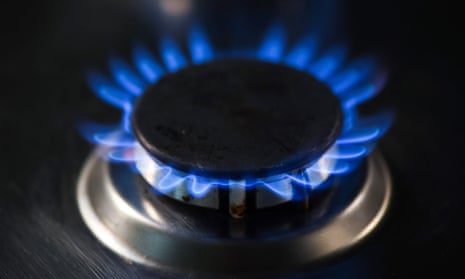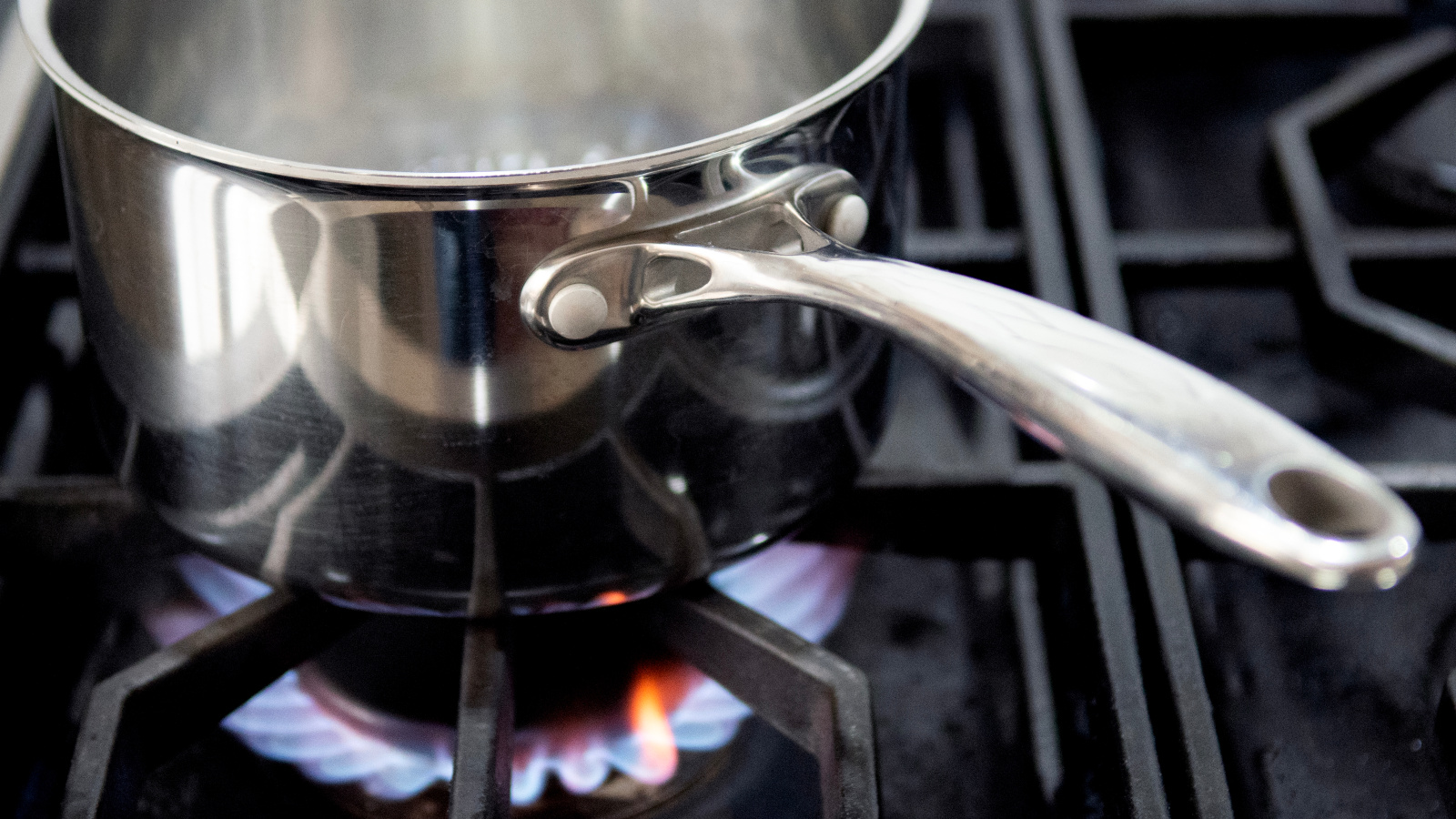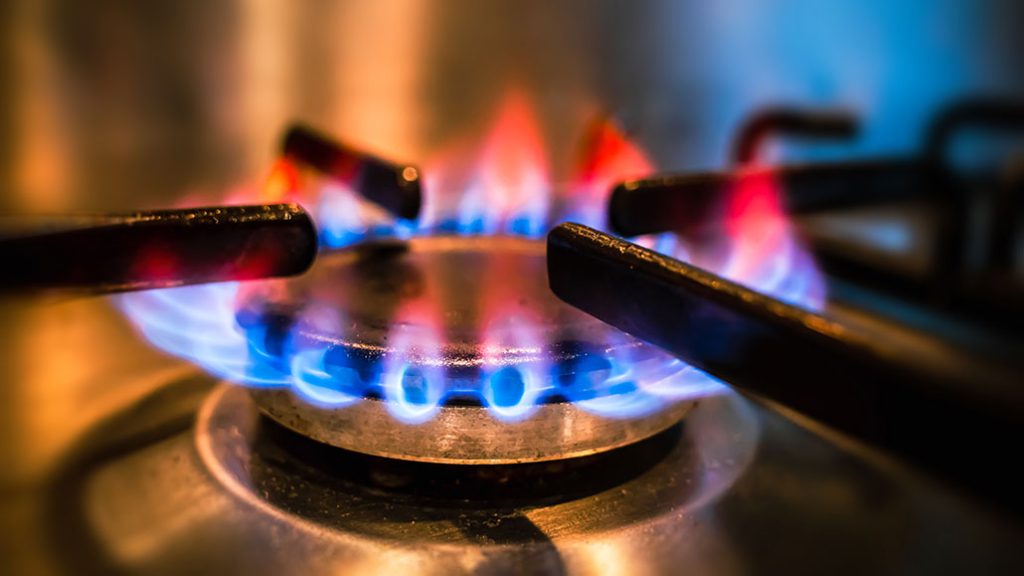Gas stoves can produce carcinogens, potentially increasing the risk of cancer through exposure to harmful fumes. Research indicates that the combustion process in gas stoves releases pollutants such as nitrogen dioxide and formaldehyde, which are linked to respiratory issues and cancer.
The American Cancer Society suggests using proper ventilation and alternative cooking methods to reduce exposure to these carcinogens. While gas stoves themselves may not directly cause cancer, it’s important to take precautions to minimize potential health risks associated with their use.
Understanding the potential hazards and implementing safety measures can help mitigate the impact of gas stove emissions on overall health and well-being.

Credit: www.theguardian.com
Understanding Gas Stoves And Cancer
Gas stoves work by burning natural gas or propane to produce heat for cooking. During this process, indoor air pollutants such as nitrogen dioxide and carbon monoxide are emitted. These pollutants can contribute to poor indoor air quality, which has been linked to respiratory issues and potential long-term health risks, including cancer. Research suggests that prolonged exposure to these pollutants may increase the risk of developing lung cancer, especially in individuals who spend a significant amount of time in the kitchen. As a result, it’s important to consider the potential health impact of gas stoves and take steps to minimize exposure to indoor air pollutants.

Credit: www.bloomberg.com
The Link Between Gas Stoves And Cancer
Gas stoves emit chemicals like nitrogen dioxide, formaldehyde, and carbon monoxide. Exposure to these chemicals may pose health risks such as respiratory issues and even the development of certain cancers. Research suggests a connection between gas stove use and respiratory problems, especially in young children. Ventilation systems can help reduce exposure, but it’s important to be aware of the potential risks associated with gas stoves and take necessary precautions to protect your health and well-being.
Scientific Studies And Findings
A plethora of scientific studies have been conducted to examine the link between gas stoves and cancer. The research in this area suggests that there may be a potential association.
One of the key studies is a meta-analysis that analyzed data from various research papers. It found that exposure to gas stove emissions may increase the risk of developing certain types of cancer, including lung and breast cancer.
Another study focused on the data interpretation of gas stove emissions. It discovered that these emissions are known to contain harmful pollutants such as volatile organic compounds (VOCs) and nitrogen dioxide (NO2), which are recognized as carcinogens.
The relationship between gas stoves and cancer is complex and requires further investigation. However, it is prudent to take precautionary measures, such as ensuring proper ventilation, using extractor fans, and regularly maintaining gas stoves to minimize exposure to these potentially hazardous emissions.
Prevention And Risk Reduction
It is important to focus on improving kitchen ventilation to reduce exposure to harmful substances. Properly functioning exhaust fans or range hoods can help remove pollutants and maintain clean air in the kitchen. Ensuring that the exhaust system is clean and efficient is essential to its effectiveness.
Another way to improve kitchen ventilation is by opening windows or doors, if possible, to allow fresh air to circulate. This can help reduce concentrations of pollutants and increase air quality.
Using alternative cooking methods, such as induction cooktops or electric stoves, may also help minimize exposure to potential carcinogens. Induction cooktops are considered a safe option as they do not emit harmful byproducts or produce flames. Electric stoves can also be a safer choice compared to gas stoves.
Additionally, incorporating more microwave cooking, steaming, or slow cooking techniques can reduce the need for high heat cooking methods that may lead to the production of carcinogens.
Policy Implications And Calls To Action
Gas stoves have been identified as a potential source of indoor air pollution, raising concerns about their possible link to cancer. It is essential for policymakers to recognize the need for stricter regulations to ensure healthier indoor environments. Implementing policies that limit the emission of harmful pollutants from gas stoves will be crucial in safeguarding public health.
Promoting healthier cooking practices can significantly reduce exposure to air pollutants. This can be achieved through education campaigns that raise awareness about the risks associated with gas stoves and provide guidance on alternative cooking methods. Encouraging the use of electric stoves or induction cooktops, which produce fewer pollutants, can be an effective strategy in minimizing health risks.
| Regulation of Indoor Air Quality: |
|---|
|
– Strict policies needed – Limiting emission of harmful pollutants – Education campaigns to promote healthier cooking practices – Encouragement of electric stoves and induction cooktops |

Credit: grist.org
Frequently Asked Questions For Do Gas Stoves Cause Cancer
Do Gas Stoves Cause Cancer?
Unfortunately, there is evidence that gas stoves may contribute to indoor air pollution, leading to an increased risk of respiratory problems and potentially even cancer. Cooking with gas can release pollutants such as nitrogen dioxide and carbon monoxide, which are hazardous to health.
It’s important to ensure proper ventilation and consider alternative cooking methods to reduce these risks.
Are There Safer Alternatives To Gas Stoves?
Yes, there are safer alternatives to gas stoves. Electric stoves are a popular option as they emit no indoor air pollutants. Induction cooktops are also a great choice, as they use electromagnetic technology to heat cookware directly, rather than relying on open flames or heating elements.
These alternatives offer a safer cooking experience without the potential health risks associated with gas stoves.
How Can I Reduce The Health Risks Of Using A Gas Stove?
To reduce the health risks of using a gas stove, there are a few simple steps you can take. First, ensure proper ventilation in your kitchen by using exhaust fans or opening windows while cooking. Regularly clean your stove and regularly inspect for any gas leaks.
Consider using alternatives like electric or induction cooktops to eliminate the potential health risks altogether. It’s also beneficial to maintain a smoke-free home to further protect your health.
Conclusion
While there may be certain concerns surrounding the potential link between gas stoves and cancer, scientific evidence is still inconclusive. It is important to implement safety measures such as adequate ventilation and regular maintenance to minimize any potential risks. Keeping yourself informed and practicing safe handling of gas stoves is the key to ensuring a healthy and safe cooking environment for you and your family.







Ahaa, its fastidious discussion on the topic of this article
here at this blog, I have read all that, so now me also commenting at this place.